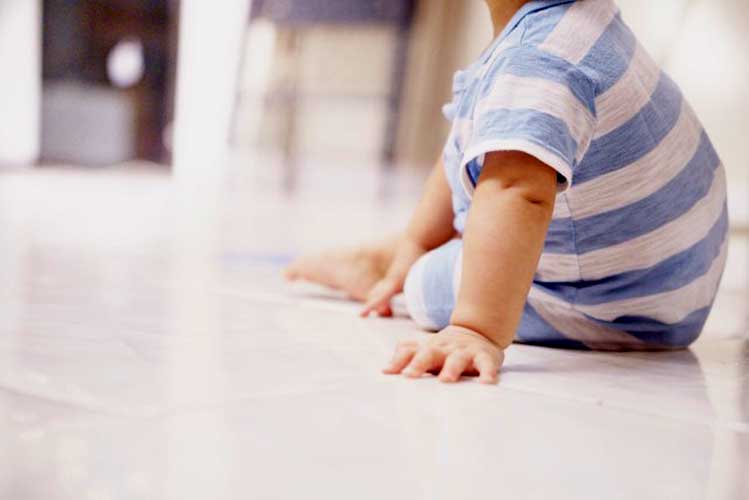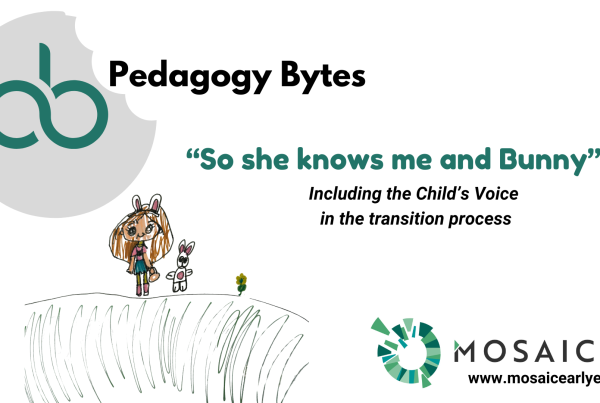For many families, childcare plays a vital role in helping to balance work and family life. Childcare enables parents to return to work or education, helping to build a positive future for the whole family.
There are many high quality childcare services that will open up a range of exciting and positive experiences for your child. Your child will discover new ways of having fun, learning and developing through meaningful play experiences and will make their first friends. With the right childcare provider, your child will find a secure and nurturing environment.
When choosing a crèche, parents should expect that their child will be safe, well-cared for and happy. While word-of-mouth referrals from other parents are very important, parents should visit a crèche when weighing up options. Childcare service providers will be happy to show you around, to introduce you to staff and to answer your questions. You may need to visit more than once before you make a decision, so arrange visits at different times of the day to see different aspects of the daily routine.
During this important process, here are some important things to look for and some key questions to ask:
1. Imagine you are a child – LOOK DOWN
Pay attention to how the staff interact with the children. Ideally, adults should be on the floor playing and interacting with children or holding a child on their lap. Are children happy, engaged, stimulated? Is the atmosphere during feeding/mealtimes relaxed, with pleasant social interaction among the children and adults? Is each child given enough time to eat and enjoy their bottle, snack or meal without being rushed? Do young children get a healthy share of one-on-one time? Is the privacy and dignity of each child is respected during changing routines?
Note whether the appropriate number of adults to children is being observed. Under the Child Care Regulations 2016, this is as follows:

Is the environment safe, stimulating and clean – LOOK AROUND
The crèche should be clean, hygienic and safe, with adequate uncluttered space for young children to explore and move around freely. Is furniture, work and play surfaces clean, suitable, non-toxic and kept in a good state? Are the toys provided age-appropriate, plentiful and in good condition?
Are there facilities for the children to rest and to play during the day? Are entrances/exits secure? Is the outdoor play space suitable, safe and secure?
Are facilities for the storage, preparation, cooking and serving of food, as well as handwashing, wash-up and sterilising facilities of a high standard? Is heating, ventilation, light and sanitary accommodation comfortable and appropriate?
2. ASK about …
– A Parent’s Handbook. This should include key Policies and Procedures such as safety, child protection and immunisation. Find out whether you share parenting approaches on areas such as nutrition, behaviour, television, feeding, sleeping, inclusion, and so on.
– A Key Person System (are young children are allocated to key members of staff for consistency of care and communication?)
– Daily activities. A quality crèche will offer a wide variety of activities suitable for your child’s age and ability. Sensory and explorative play, language activities, creative and physical play should be included as part of the indoor and outdoor programme.
– Staff Qualifications. What is the qualification level of staff and is there a commitment to professional development? Is there a nominated person for First Aid, Child Protection, Inclusion etc?
– Learning and Care Updates. What system is used for record keeping and assessment of your child’s learning and development and how often do you receive progress updates?
3. CHOOSE
After choosing your crèche, a quality service will encourage you to engage with them about your child and will be open to answering your questions. Until your child can talk, you will rely on what your child’s Key Person tells you about your child’s day. At the end of each day you should be provided with information such as what he/she ate/drank, the number of nappies, naps, and his/her general mood and level of play-learning activity. You will also receive regular updates about your child’s learning and development.
4. Be open to CHANGE
Consider popping in unannounced a few times after you’ve enrolled your child, just to see how things are going. Trust your intuition. Every parent knows when something doesn’t feel quite right. Babies deserve, and thrive under, good, nurturing care and education. If something just doesn’t feel right, investigate other options.
You are not obligated to a particular early childhood service, and if things don’t work out, or if you are dissatisfied with responses to your questions, you can change. You do not have to compromise on what you feel is best for your child.
Inspection Reports
Parents can access a Tusla Early Years Inspectorate inspection reports for a Tusla registered early childhood service through the following link:
https://www.tusla.ie/services/preschool-services/creche-inspection-reports/




